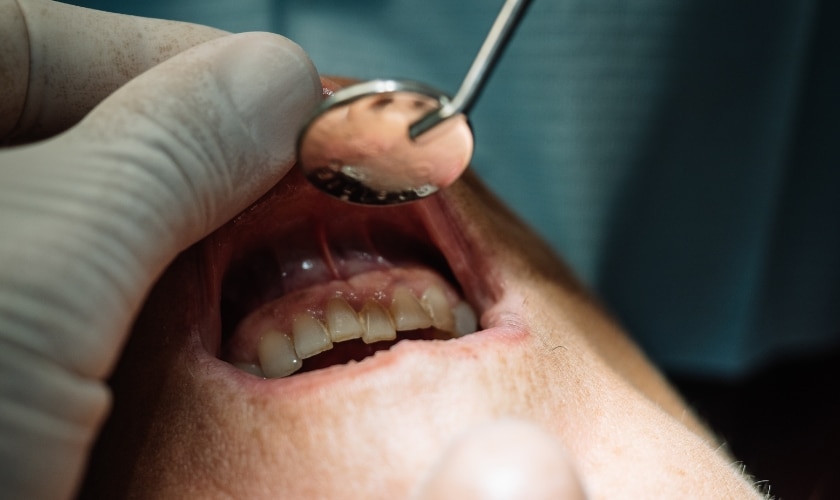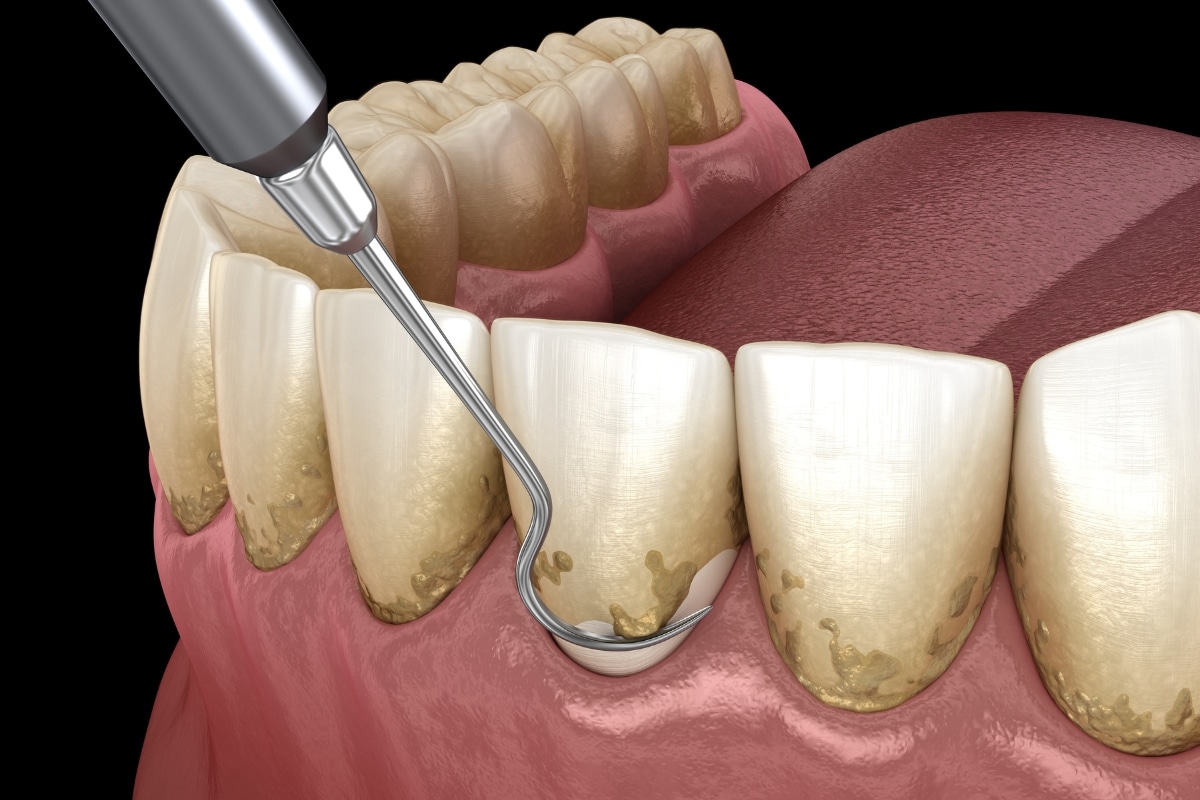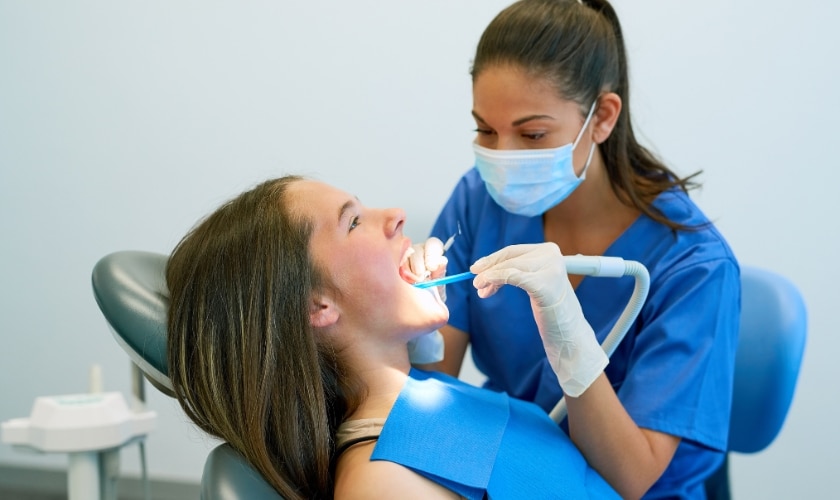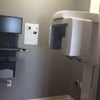
Gum health is something most people do not pay any mind to unless their gums start bleeding and are in pain. But many wonder if gum disease is contagious. It’s a concern considering that research has shown that nearly half of U.S. adults who are over 30 have some form of periodontal disease, according to the Centers for Disease Control and Prevention (CDC). Let’s get straight to the facts about whether gum disease is contagious, what the professionals understand, and how you can save your pearly whites.
Understanding Gum Disease Beyond the Basics
Gum disease, also called periodontal disease, starts when bacteria in plaque irritate and inflame the gums. Over time, this can progress from mild gingivitis to advanced periodontitis, which destroys the supporting bone that anchors teeth.
While the bacteria in question are transmissible themselves, the condition itself does not spread like the flu. Close contact, kissing, or sharing a fork can pass oral bacteria, but whether or not someone gets the condition is based on oral hygiene, genes, immune system, and lifestyle.
This leads to the important distinction: contagious gum disease is not a recognized diagnosis. Instead, the bacteria behind gum problems can be passed along, but gum disease only happens under the right conditions.
Can You “Catch” Gum Disease from Someone Else
The quick answer is no—you can’t “catch” gum disease. What you can contract are bacterial strains linked to periodontal infections. Research indicates that couples and family members share similar oral bacteria profiles. But good oral care habits can be the difference between staying healthy and developing gum issues.
If you have existing risk factors, like smoking, diabetes, or poor brushing habits, exposure to new bacteria might make your condition worse. Prevention and regular dental checkups are now more crucial than ever.
For patients with existing gum disease, treatments like scaling and root planning in Toms River remove deep plaque and enable the gums to heal.
Why Periodontal Care Matters for Everyone
Untreated periodontal disease not only puts your teeth at risk. It’s also linked with systemic diseases such as heart disease, stroke, and uncontrolled diabetes. According to the American Academy of Periodontology, inflammatory markers from periodontal infections travel throughout the body.
Taking care of gums is a family activity. Good brushing and flossing, regular dental cleanings, and avoiding smoking are logical steps that lower your risk. Encouraging healthy oral care habits at home helps protect everyone, even if bacteria are shared.
Protecting Your Smile: Simple but Powerful Steps
Home care and professional care go hand in hand. Here’s what can make the difference:
- Brushing twice a day using fluoride toothpaste.
- Daily flossing or use of an interdental cleaner.
- Scheduling dental checkups every six months.
- Following any prescribed gum therapy.
- Checking for early symptoms like bleeding gums, persistent bad breath, and receding gumlines.
Gum disease is not an infectious disease, but the bacteria that cause it can be transferred from one person to another. The real deciding factor is how you take care of your teeth and gums on a day-to-day basis. If you are worried about bleeding gums, bad breath, or other changes, it’s always better to seek care as soon as possible. Professional treatment can stop the disease from progressing and put your oral health back on track.








